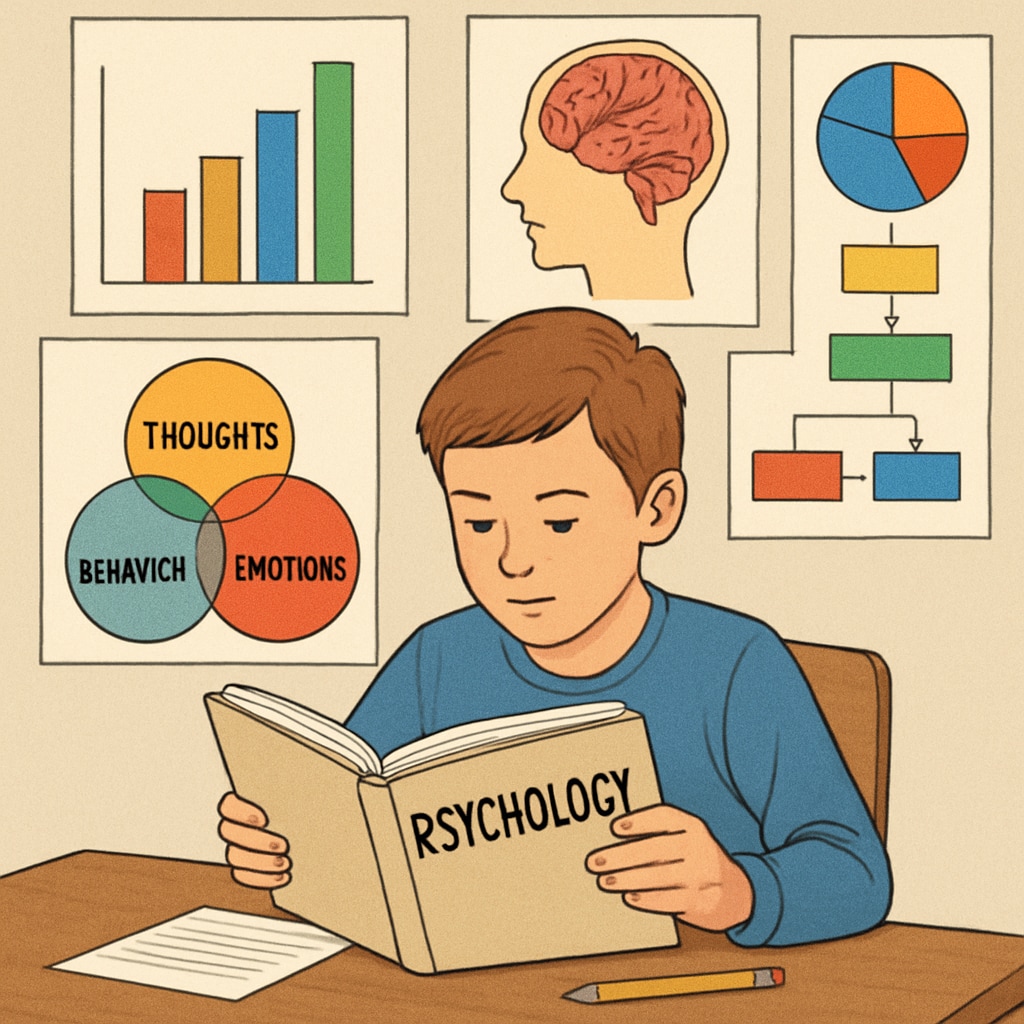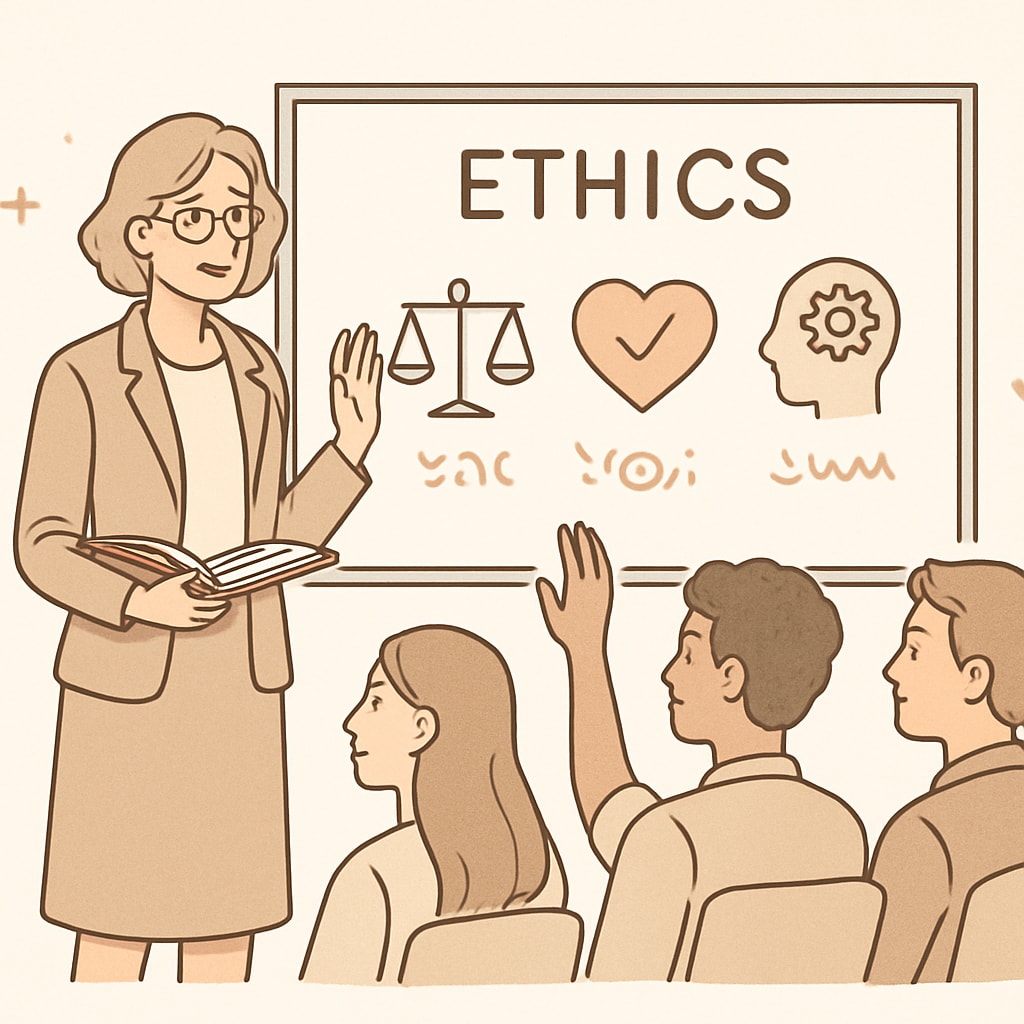Incorporating psychology and philosophy into K12 education can profoundly shape a child’s cognitive and moral development. By introducing self-learning resources tailored for young minds, parents and educators can encourage critical thinking, empathy, and a structured approach to understanding complex ideas. In this article, we explore accessible tools and strategies to foster a love for these disciplines outside traditional academic settings.
Why Introduce Psychology and Philosophy Early?
Psychology and philosophy provide frameworks to understand human behavior, thought processes, and moral reasoning. For young students, exploring these fields early can:
- Enhance emotional intelligence by fostering self-awareness and empathy.
- Encourage critical thinking and problem-solving skills.
- Build a foundation for ethical decision-making and personal values.
Research also suggests that introducing these subjects at a developmental stage can improve resilience and adaptability, preparing students for life’s complexities. For example, the study of cognitive biases in psychology can help students recognize and counteract errors in judgment, an essential skill in today’s information-rich world.

Accessible Resources for Budding Philosophers and Psychologists
Finding beginner-friendly materials is crucial for engaging K12 learners in psychology and philosophy. Below are some recommended resources:
Books
- For Psychology: “The Psychology Book” by DK offers clear explanations of major psychological concepts and is visually engaging for young readers.
- For Philosophy: “The Philosophy Book” by DK simplifies complex ideas, making philosophy approachable for beginners.
Podcasts and Videos
- Psychology on Britannica provides accessible articles and multimedia resources.
- Philosophy Basics introduces key philosophical ideas in an easy-to-understand format.
Interactive Tools
Consider using apps like “Simply Psychology” or “Big Questions for Kids” to make learning interactive and engaging. Many of these tools are free and designed for non-specialists.
Practical Tips for Parents and Educators
Besides resources, how these subjects are introduced plays a significant role. Here are some practical tips:
- Use Real-Life Scenarios: Discuss everyday situations that involve moral dilemmas or emotional challenges to make abstract ideas relatable.
- Encourage Open Dialogue: Create a safe space where students feel comfortable sharing their thoughts and questions.
- Set an Example: Demonstrate critical thinking and empathy in your own actions to inspire students to adopt these behaviors.
For example, parents can initiate discussions about fairness during family activities or explore philosophical questions like “What makes a good friend?” during casual conversations.

How to Measure Progress in Critical Thinking and Values
Although psychology and philosophy are qualitative disciplines, progress can be measured through reflective practices:
- Journaling: Encourage students to keep a journal where they explore their thoughts on ethical or psychological topics.
- Debates: Host friendly debates on philosophical questions to assess reasoning skills.
- Self-Assessments: Use simple quizzes or discussions to gauge understanding of key concepts.
By regularly engaging in these practices, students can develop a deeper grasp of the material while honing their analytical abilities.
In conclusion, introducing psychology and philosophy during the K12 stage is a gift that offers lifelong benefits. With the right resources and guidance, young minds can grow into thoughtful, empathetic, and critical thinkers, ready to navigate the complexities of the modern world.
Readability guidance: This article uses short paragraphs and lists to summarize key points, limiting passive voice and overlong sentences. Transition words are incorporated to ensure smooth reading.


